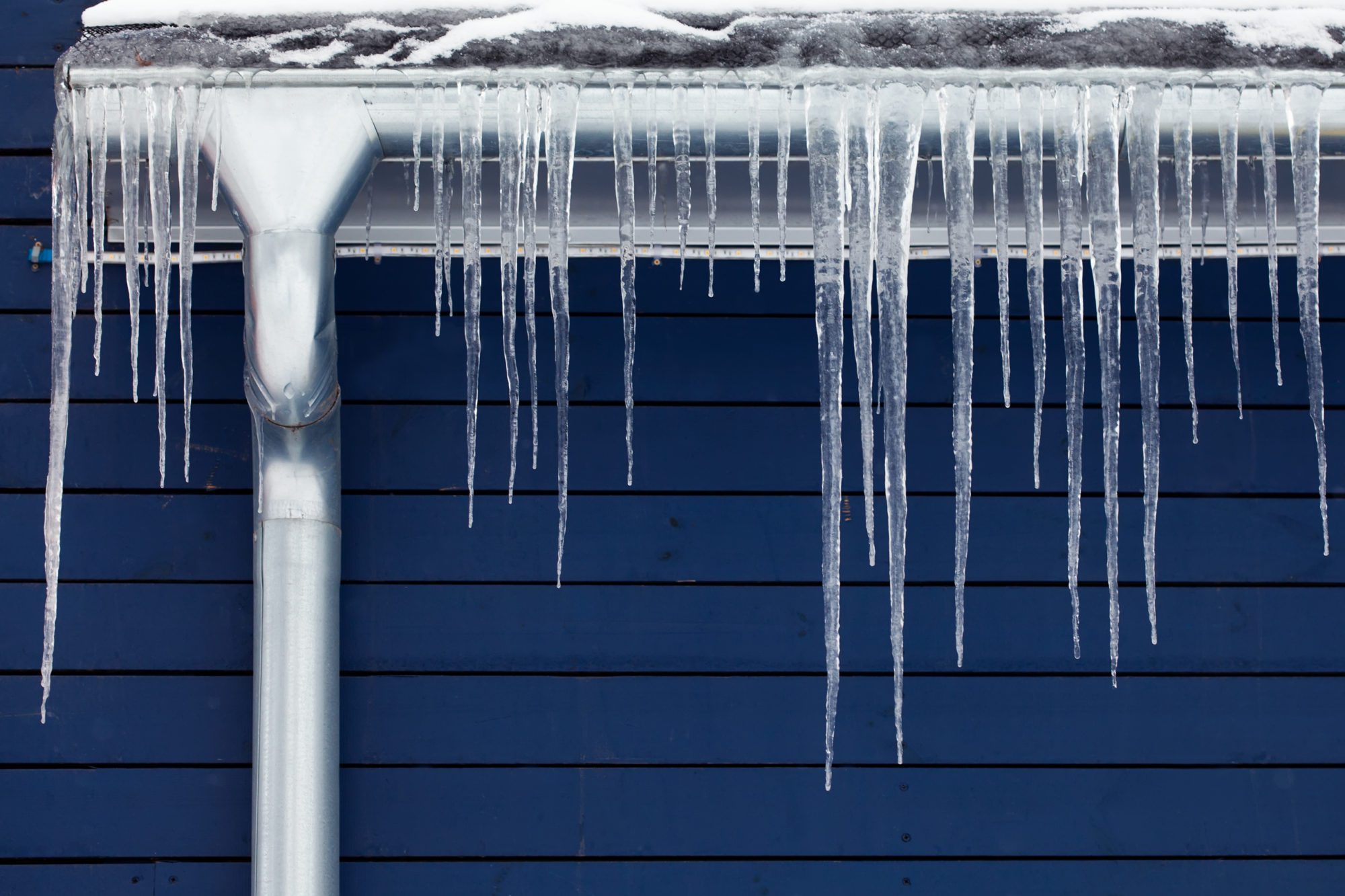How to Defend Your Pipes from Cold Weather: Expert Tips
How to Defend Your Pipes from Cold Weather: Expert Tips
Blog Article
The article author is making several great observations about Winter Plumbing Precautions: Preventing Frozen Pipes in general in the content directly below.

Cold weather can ruin your plumbing, especially by freezing pipelines. Right here's just how to prevent it from occurring and what to do if it does.
Intro
As temperatures decrease, the threat of frozen pipes boosts, possibly leading to costly repairs and water damages. Comprehending how to stop frozen pipelines is important for property owners in cool climates.
Recognizing Frozen Pipelines
What causes pipelines to freeze?
Pipelines freeze when subjected to temperatures below 32 ° F (0 ° C) for expanded periods. As water inside the pipelines ices up, it broadens, taxing the pipeline walls and possibly creating them to burst.
Dangers and problems
Icy pipes can cause water interruptions, residential or commercial property damages, and costly repair work. Ruptured pipelines can flood homes and trigger substantial structural damage.
Indicators of Frozen Water Lines
Determining icy pipelines early can stop them from bursting.
Just how to identify icy pipes
Search for reduced water flow from taps, uncommon odors or noises from pipelines, and noticeable frost on subjected pipes.
Avoidance Tips
Protecting susceptible pipes
Cover pipelines in insulation sleeves or make use of warm tape to protect them from freezing temperature levels. Focus on pipelines in unheated or outside locations of the home.
Heating techniques
Keep indoor areas properly warmed, especially locations with pipes. Open closet doors to allow warm air to flow around pipes under sinks.
Safeguarding Exterior Pipes
Garden pipes and exterior taps
Disconnect and drain garden pipes before winter. Set up frost-proof faucets or cover exterior faucets with protected caps.
What to Do If Your Pipelines Freeze
Immediate activities to take
If you think frozen pipelines, maintain taps open to ease stress as the ice thaws. Make use of a hairdryer or towels taken in warm water to thaw pipes gradually.
Long-Term Solutions
Structural modifications
Take into consideration rerouting pipelines far from outside wall surfaces or unheated locations. Add added insulation to attic rooms, cellars, and crawl spaces.
Updating insulation
Purchase high-quality insulation for pipelines, attic rooms, and wall surfaces. Proper insulation assists preserve regular temperatures and decreases the danger of icy pipelines.
Verdict
Preventing frozen pipes needs positive steps and quick actions. By comprehending the reasons, indications, and preventive measures, house owners can safeguard their plumbing during winter.
Helpful Tips to Prevent Frozen Pipes this Winter
UNDERSTANDING THE BASICS: WHY PIPES FREEZE AND WHY IT’S A PROBLEM
Water freezing inside pipes is common during the winter months, but understanding why pipes freeze, and the potential problems it can cause is crucial in preventing such incidents. This section will delve into the basics of why pipes freeze and the associated problems that may arise.
THE SCIENCE BEHIND FROZEN PIPES
When water reaches freezing temperatures, it undergoes a physical transformation and solidifies into ice. This expansion of water as it freezes is the primary reason pipes can burst. As the water inside the pipe freezes, it expands, creating immense pressure on the walls. If the pressure becomes too great, the pipe can crack or rupture, leading to leaks and water damage.
FACTORS THAT CONTRIBUTE TO PIPE FREEZING
Low Temperatures: Extremely cold weather, especially below freezing, increases the risk of pipes freezing. Uninsulated or Poorly Insulated Pipes: Pipes located in unheated areas, such as basements, crawl spaces, or attics, are more prone to freezing. Insufficient insulation or lack of insulation altogether exacerbates the problem. Exterior Wall Exposure: Pipes running along exterior walls are susceptible to freezing as they encounter colder temperatures outside. Lack of Heating or Temperature Regulation: Inadequate heating or inconsistent temperature control in your home can contribute to frozen pipes. PROBLEMS CAUSED BY FROZEN PIPES
- Pipe Bursting: As mentioned earlier, the expansion of water as it freezes can cause pipes to burst, resulting in significant water damage.
- Water Damage: When pipes burst, it can lead to flooding and water damage to your property, including walls, ceilings, flooring, and personal belongings.
- Structural Damage: Prolonged exposure to water from burst pipes can compromise the structural integrity of your home, leading to costly repairs.
- Mold and Mildew Growth: Excess moisture from water damage can create a favorable environment for mold and mildew growth, posing health risks to occupants.
- Disrupted Water Supply: Frozen pipes can also result in a complete or partial loss of water supply until the issue is resolved.
WHY CERTAIN PIPES ARE MORE PRONE TO FREEZING
- Location: Pipes located in unheated or poorly insulated areas, such as basements, crawl spaces, attics, or exterior walls, are at higher risk of freezing.
- Exterior Pipes: Outdoor pipes, such as those used for irrigation or exposed plumbing, are particularly vulnerable to freezing as they are directly exposed to the elements.
- Supply Lines: Pipes that carry water from the main water supply into your home, including the main water line, are critical to protect as freezing in these lines can affect your entire plumbing system.
- Underground Pipes: Pipes buried underground, such as those connected to sprinkler systems or outdoor faucets, can be susceptible to freezing if not properly insulated.
https://busybusy.com/blog/helpful-tips-to-prevent-frozen-pipes-this-winter/

I came across that blog entry about 6 Ways to Prevent Frozen Pipes when surfing around the web. Be sure to take the time to distribute this entry if you enjoyed it. Thank you for going through it.
Call Today Report this page